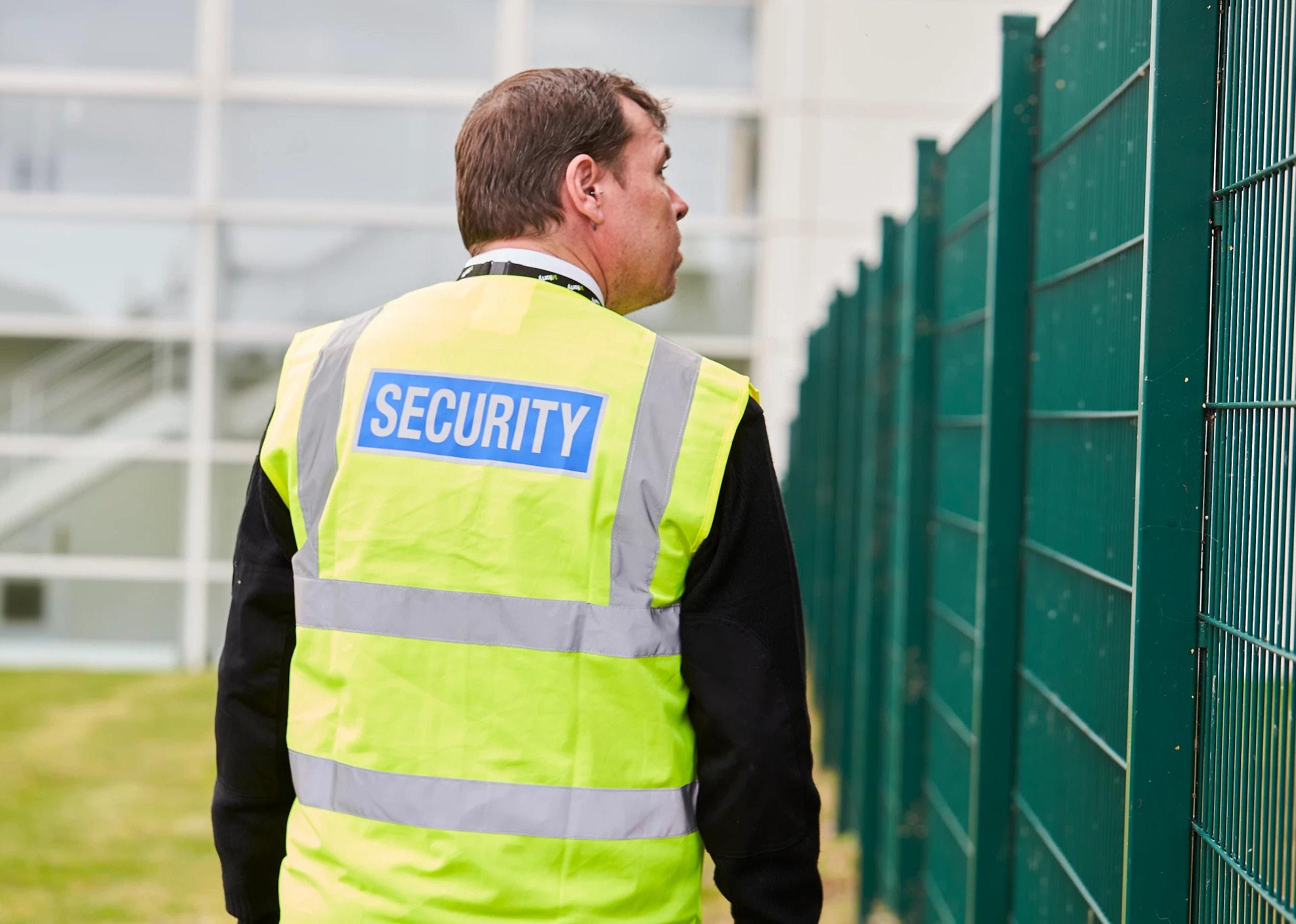
2 minute read
Top ten security tips to protect vacant and minimally occupied buildings
Security & Access Control Top ten security tips to protect vacant and minimally occupied buildings
With many employees working from home as the impact of the pandemic continues to be felt, security experts are alerting businesses and facilities managers to ensure that vacant or minimally occupied buildings are kept safe and secure in the wake of increased security threats.
Tim Isaac, security advisor at 14forty, which provides integrated facilities management services, said: “The pandemic has brought the business-critical issue of premises security to the fore. While we have seen a renewed community spirit in many aspects of society, criminals, such as thieves, are taking advantage of this national crisis, targeting lockedup properties or those where occupancy levels are lower than usual. Implementing robust security measures to protect premises is therefore more critical than ever.”
Here are 14forty’s top ten tips for businesses looking to bolster their security as the coronavirus pandemic continues:
Identify and adapt: Conduct, continually review and update risk assessments based on new and evolving security threats, such as the likelihood of crime as restrictions are eased. Update operating procedures and action plans to suit.
Update incident response
procedures: Ensure procedures reflect the changing working landscape and remote working. Test command, control and communications capabilities to make sure they are fit for purpose.
Regularly review
security provisions: This will help benchmark contract performance in the case of facilities management providers, as well as ensure

technology is up to date and secure against current threats.
Implement phased return to work procedures and
staffing: As the government eases lockdown restrictions, some staff may need retraining in aspects of their work or navigating security protocols. Bring staff back gradually.
Train security staff: Significant developments in global threats mean training requirements are different to five years ago. Ensure security staff complete the Protect Duty and Action Counters Terrorism (ACT) Awareness training packages to stay up to date and relevant.
Audit and review access
control systems: This will ensure both physical and electronic security provisions are both up to date and conform to any current legislation ensuring the site is safe and secure. Penetration testing and table top security exercises as part of the site training program are also advisable especially after long absences of staff from site.
Protect building perimeters:
This is critical to limiting and managing access points, where criminals could enter properties. Lighting and CCTV can be utilised more efficiently within a protected perimeter.
Embrace CCTV:
Technological advancements means companies can use CCTV for much more than just evidence gathering. CCTV can monitor capacity in areas and allow operators to judge Covid-19 safety measures, control access into buildings for individuals or vehicles, as well as check building temperatures and alert fire safety systems if there are any dangerous fluctuations.
Employ security officers:
Still the most robust and vital tool in keeping people and premises safe and secure. Use them to regularly patrol buildings, inform and educate employees on Covid-19 safety measures, conduct temperature checks to reduce the risk of transmission and manage occupancy levels.
Ensure that security measures are highly visible:
Visible and vocal security teams, cameras and signage is an additional deterrent factor and will help to reassure returning employees. 14forty is the integrated facilities management division of Compass Group UK & Ireland. It provides services such as security, cleaning, front of house and catering across a wide range of industry sectors.
To learn more about 14forty, please visit 14forty.co.uk.






